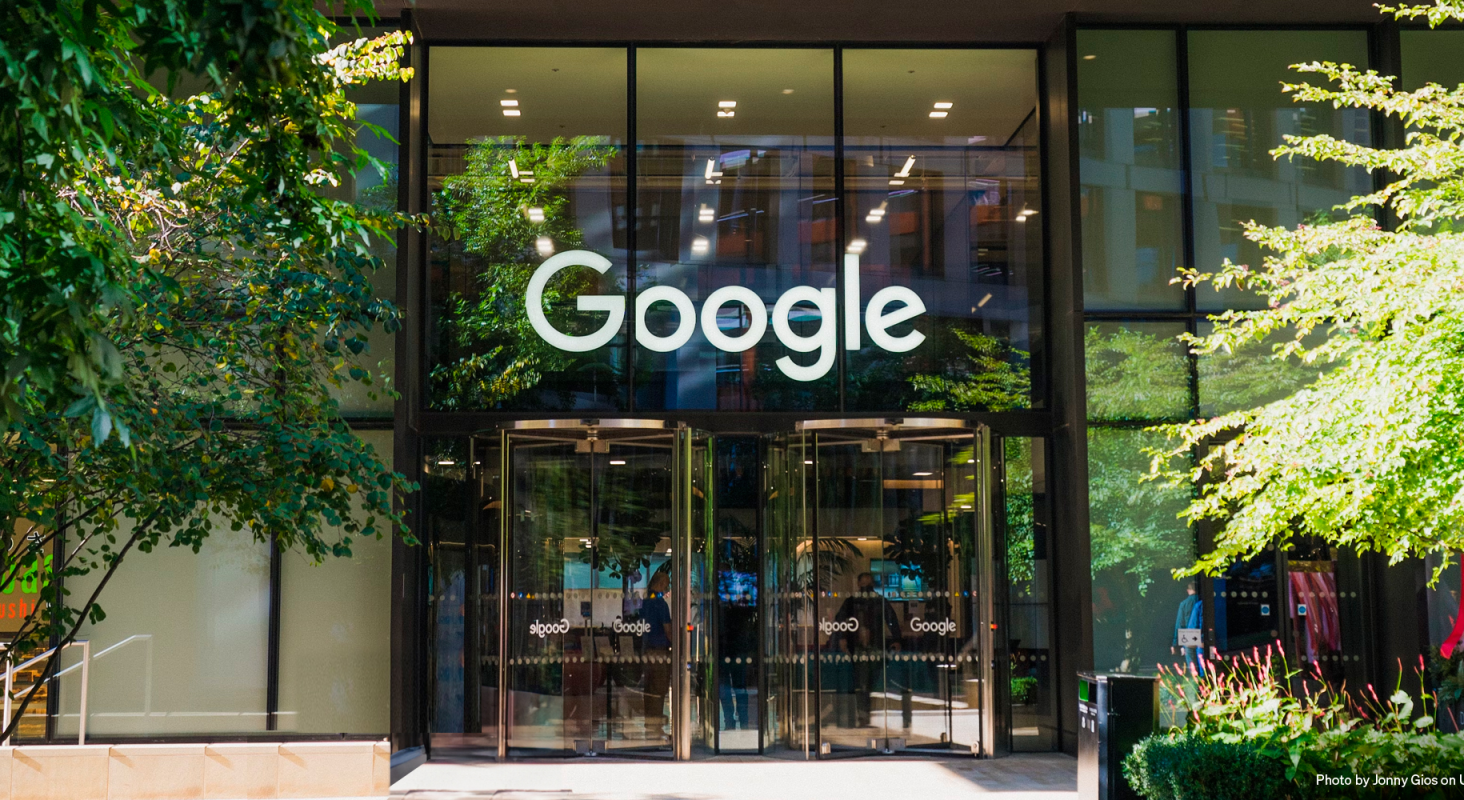It’s been a year since Google launched its most significant algorithm update in quite some time - the Helpful Content Update. Since then, marketers and content creators have been trying to find the secret formula for crafting genuinely helpful, user-centric content. While there isn’t a one-size-fits-all solution for creating “helpful content”, there are several strategies we recommend adopting to ensure your content is designed with people in mind, rather than catering solely to search engines.
How does the Google Helpful Content Update work?
Google’s “Helpful Content System” is all about user experience. It favours content that’s written by people, for people, and devalues low-quality content that doesn’t meet a user's expectations.
Websites with large quantities of unhelpful content will likely find all their content is ranked further down in the search results. This is to make sure users have a good experience and can find the information, products and services that they’re looking for. Its aim, ultimately, is to boost user satisfaction, which is a win-win situation for everyone.
Our top tips for creating helpful content
Our top tips for creating helpful content, are all related to Google’s previous update E-E-A-T. This means creating content that demonstrates experience with the subject matter, showing your audience your expertise to talk about the topic, sharing enough knowledge to become the authority on the topic and the ability to demonstrate trustworthiness about whatever subject you’re talking about. Some of the best ways to achieve this include;
Tip One: Get to know your audience
When you're creating content, it’s important that you have a person in mind that you’re writing for - not a search engine. If you’re creating content in-house, talk to your customers and your sales team, listen to their problems and make sure your content offers a solution to them.
Find out how your audience likes to consume content, do they just want a quick answer to their question, or do they want to feel like an expert on the subject?
If you don’t have access to your audience, message boards, Google reviews, social media and Reddit are your best friend. Existing user-generated content will tell you exactly what your potential customers want to know.
Create a customer persona for your audience - in our previous guides, we showed how we made audience personas for both Millennials and Gen-z customers. At M3, creating an audience persona is our content team’s favourite way of keeping who we’re writing for in mind.
Tip Two: Look at your competitors
Competitor research can be extremely helpful when creating content. If your competitor is creating low-quality content but is still appearing at the top of search engine results, this is a great indicator that a helpful piece of content on the same subject will easily take the top spot.
If your competitors are creating content that’s helpful and performing well, then it’s a good idea to start brainstorming. Consider what makes your product or service special. Is there anything that can solve your audience’s problems better than the competition? Make sure that your article adds value to the subject, rather than just repeating what your competitor is saying.
Tip Three: Keep it human
While AI can be really useful in creating content by helping you to understand your topic better, organising your keywords into groups, and simulating what your customers might want, you shouldn’t use AI to write content entirely for you as it’ll need fact-checking and editing to make it stand out against the competition.
While Google doesn’t penalise AI-generated content, if it’s low value and does not add anything to the subject, it’ll be treated as such. Creating content by using extensive automation, like ChatGPT to produce content on lots of different topics can cause your whole site's content to lose value.
Another way to keep your content human is to include quotes from authoritative figures within your industry, this could be from high-level employees, customers, clients, or influencers. This helps you to demonstrate firsthand experience on your subject as well as develop topical authority.
Tip Four: Don’t ditch keyword research
Just because you’re not writing for search engines doesn’t mean you should stop performing keyword research. Keyword research is a great indicator of your audience's wants and needs. When you perform keyword research, you should pay more attention to how your content either provides an answer to the question or delivers a solution according to the user's intent. If you’re delivering your customer's solution, you should find you’re able to include the keywords naturally.
You certainly don’t want to pack your content with keywords, as this is a red flag for search engine-generated content.
Tip Five: Run regular content audits
Regularly auditing content will ensure that only helpful content is on your site. This works to mitigate the risk of your site being devalued overall by Google for any unhelpful content that exists. The best way to do this is to remove content that has low traffic, as you know people aren’t looking at it. You can also remove content with low impressions, as you know people aren’t searching for it. You might also want to look for ways to make content more helpful if it has high traffic but a low engagement rate (previously known as a high bounce rate) as this could signify that people aren’t finding the information that they’re looking for on the page.
How can M3 help?
At M3, we’re here to help. With experience in writing content for a variety of clients in a number of different formats, we’re ready to dive into your audience and create content they’ll find helpful, useful and educational. Find out how we can help develop your content strategy and book a free consultation today.






